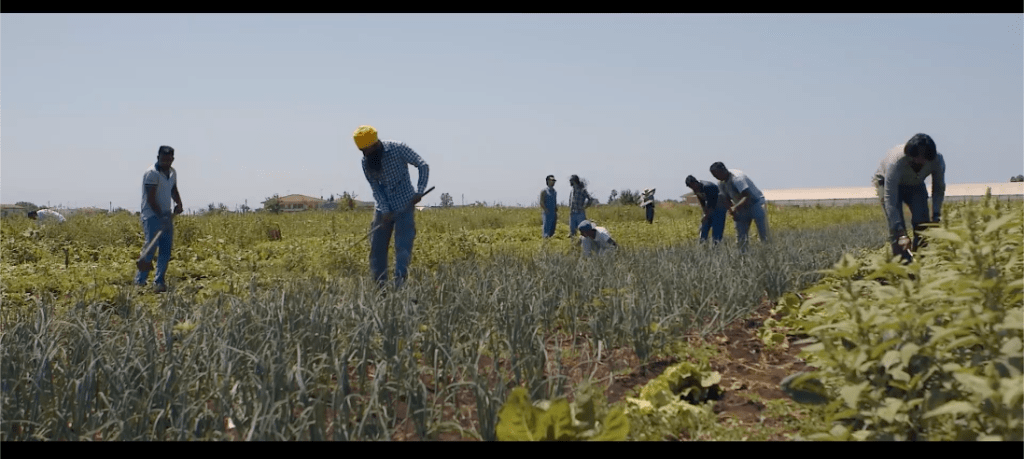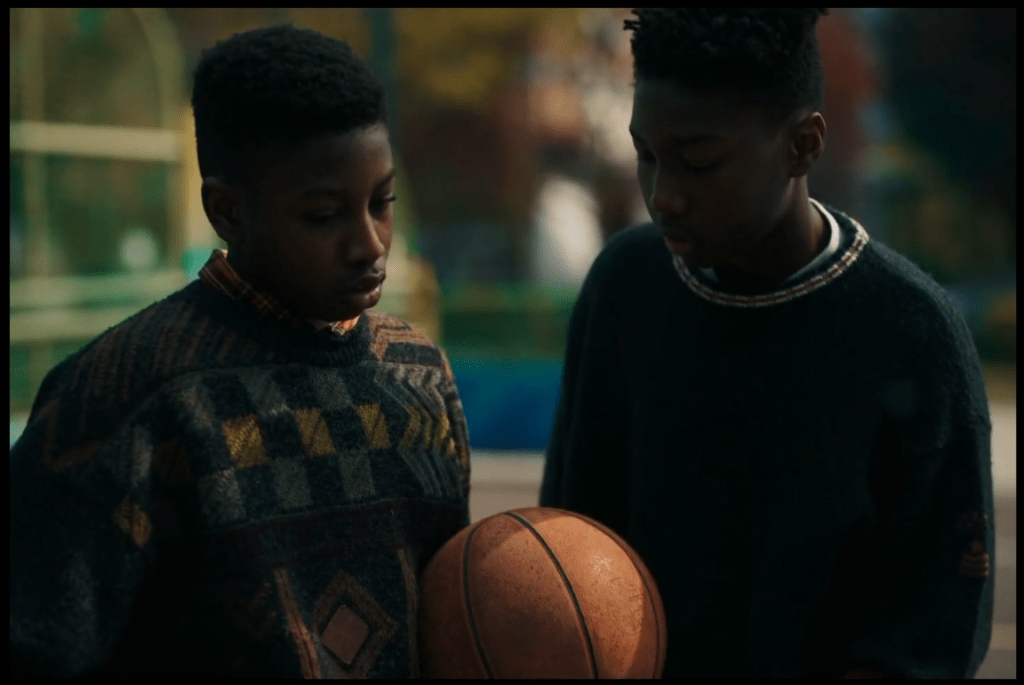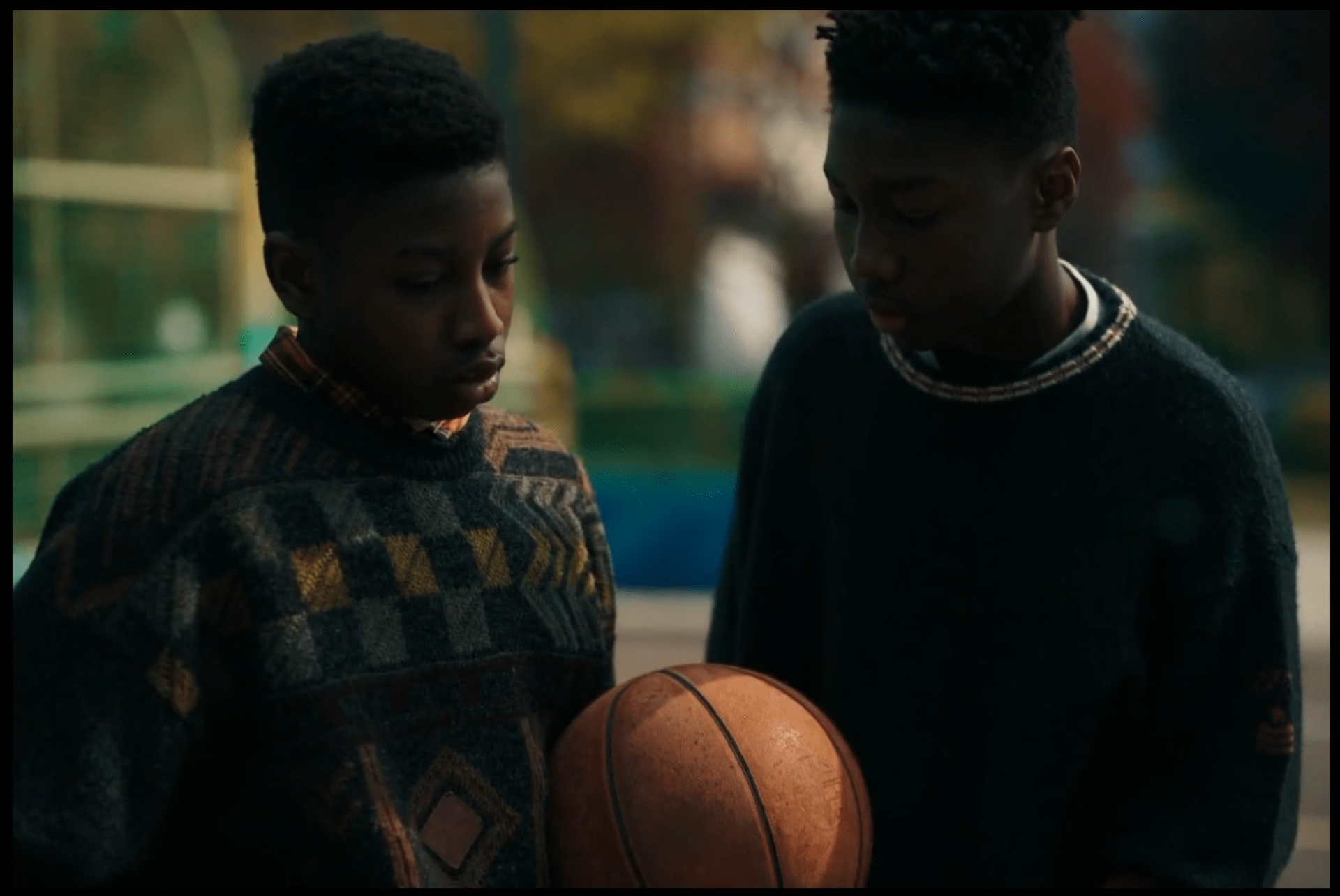By Maitreyee Majumbar
Note: Maitreyee wrote this blog post in connection with Italian 5150, Italian Ecocinema, a course exploring contemporary environmental issues through Italian cinema. Thanks to Maitreyee for agreeing to allow me to publish it here.
What do we talk about when we discuss the environment? The conversation typically includes plants, animals, bodies of water, and other natural formations. However, we far too often neglect to include people in the discussion. To me, the term environmental justice sounds like a misnomer. Instead of giving respect to the natural world, the term refers to giving justice and equity to humans with respect to the environment. It’s a social movement that exposes the patterns of having poorer and marginalized communities reside in toxic environments. This is a common paradigm for people in Latin American, South Asian, and Sub-Saharan African countries since they are far more negatively affected by climate change than people residing in more developed countries (Signé & Ahmadou). The lack of environmental justice is even present here in Detroit. One example includes residents living on the East side; a largely Black community, they have higher rates of respiratory diseases and cancer after being exposed to noxious fumes from both the Jeep assembly plant and the hazardous waste processing plant (Tliab).

While there are several examples of environmental justice present in daily life, the phenomenon is also present in cinema. The documentary/musical film, The Harvest, also exposes the dearth of environmental justice for Punjabi immigrants in the Italian farmlands. Working-class Indian immigrants come to Italy illegally in search of work to send money back to their families. They often get exploited by caporali, or modern slave masters, to do hard labor in the fields for as little as €12 for 8 hours of work. The caporali create almost impenetrable barriers for life outside of work and physically assault the workers to be more productive in the fields. The laborers also have high exposure to toxic pesticides and have little access to “hygiene, sanitation, or health services” (Marotta et al). They rely on drugs to get through the day and often work themselves to death. The Italian government seems to turn a blind eye to these human rights abuses. While the outlook for these workers are bleak, The Harvest attempts to give a voice to the voiceless and exposes these environmental injustices to the public. These laborers make it possible for us to consume Italian goods across the world for reasonable prices, but we never truly stop and think about what the real cost of the produce is (Marotta et al).

Autumn Beat also highlights environmental injustices for Black people in Italian suburbs. The two protagonists, Tito and Paco, have a dream to make it big in the rap scene and to get out of their Milan suburb. Here, the environmental injustices are more subtle, stemming from the difficulty to get access to education, lack of stable familial bonds, and gentrification in general. Tito and Paco are brothers who work together to create rap music, fantasizing about a life of excess when they have very little. They use rap as a medium to escape their confining lifestyles because they don’t see many other options. In a Q&A with the director, Antonio Dikele Distefano, he stated that Black people in Italy don’t really have a means for escaping the lives they were born into; they can either become futbol (soccer) players and rappers, or criminals; society fails to acknowledge the community of people who exist between those margins. In their tiny, run-down apartment the two brothers failed to get proper access to education. Since the woman who raised them did not pressure them to go to school (Tito especially), the pair received their education from street culture, indulging in parties, alcohol, and drugs. They saw their friends and the people around them fall prey to the same influences, so they didn’t think to go beyond that binary. The dearth of familial and community bonds did them no favors either. Tito and Paco were half-siblings raised by a mentally ill woman who may or may not have been their biological mother. Tito resented Paco for knowing who his biological parents were and for not respecting Grace (their “mother”) or Ife (Paco’s girlfriend). As the protagonists grew into adulthood, the fissure between the two grew as their relationship started to break from resentment and a lack of trust – a factor leading to Paco’s demise and Tito’s perpetual isolation. Ultimately, the protagonists exposed the binary struggles of being a byproduct of their environment. Tito works hard and effectively escapes his past. However, Paco plateaued in his music career, and became the embodiment of the harsh surroundings he grew up in.
While these films do indeed exhibit the effects of environmental injustices in various Italian communities, we must question how far their reach can go. Is bringing exposure to environmental injustices enough? Can a movie empower people to take significant action? Or do we, as a society, have to do more?
References
Dikele Distefano, Antonio, director. Autumn Beat. Amazon Studios, 2022.
“Environmental Racism in Detroit Takes Center Stage at Congressional Hearing.” Rashida Tlaib, 12th District of Michigan, 26 Aug. 2022, https://tlaib.house.gov/posts/environmental-racism-in-detroit-takes-center-stage-at-congressional-hearing.
Mariani, Andrea Paco, director. The Harvest. OpenDDB, SMK Videofactory, 2017, https://openddb.it/film/the-harvest/. Accessed 29 Apr. 2023.
Marotta, Claudia, et al. “Stop the Exploitation of Migrant Agricultural Workers in Italy.” The BMJ Opinion, BMJ Publishing Group, 2 Apr. 2019, https://blogs.bmj.com/bmj/2019/03/27/stop-the-exploitation-of-migrant-agricultural-workers-in-italy/.
Signé, Landry, and Ahmadou Aly Mbaye. “Renewing Global Climate Change Action for Fragile and Developing Countries.” Brookings, The Brookings Institution, 17 Nov. 2022, https://www.brookings.edu/research/renewing-global-climate-change-action-for-fragile-and-developing-countries/#:~:text=Although%20climate%20change%20is%20a,affected%20by%20its%20negative%20effects.

